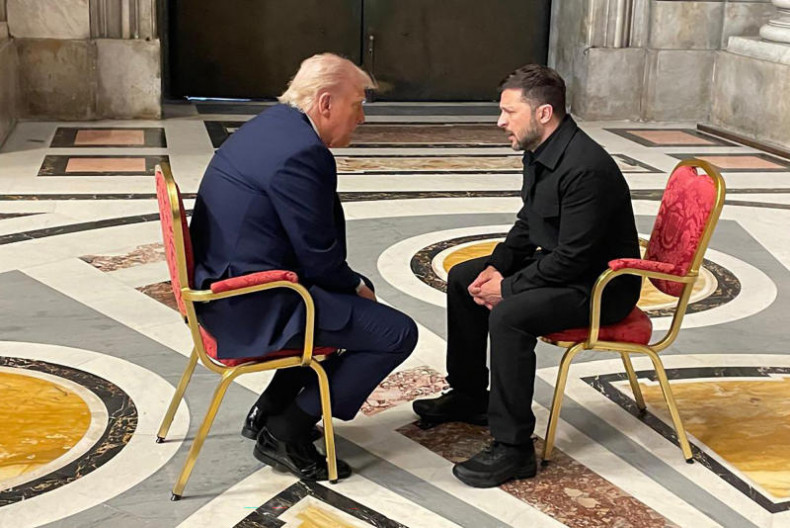
Blind Faith in US ‘Security Commitments’ Is Short-Sighted
At the same time, an analytical article from the American Foreign Policy magazine entitled “America Can’t Be Trusted Anymore” has been widely circulating on the internet. It argues that the Pentagon’s indecisiveness and policy inconsistency are leaving U.S. allies feeling abandoned. For those trying to leverage American military power for political gain — or even to provoke conflict — the question of U.S. reliability hangs like a sword over their heads, constantly triggering anxiety.
Historically, the U.S. has often been a “reluctant” ally, a clay-footed giant that needs to be pulled by its allies and pushed by its adversaries. Through both world wars, the U.S. was slow to get involved, casting doubt on its willingness to act without direct threats to its own interests.
During the Cold War, the U.S. only firmly adopted a containment strategy after external pressure: British Prime Minister Winston Churchill’s 1946 “Iron Curtain” speech helped stir anti-Soviet sentiment among the American public, and Soviet actions in Greece, Turkey and the Black Sea region pushed the U.S. into a more proactive stance. These events show that the U.S. leadership in the Cold War was largely in response to external pressure rather than internal initiative or spontaneous commitment.
Post-WWII history is littered with examples of the U.S. abandoning its allies when it no longer saw strategic value. In Vietnam, when the military stalemate became unsustainable, the U.S. chose to withdraw, directly leading to the rapid collapse of the Saigon regime. This pattern repeated in Afghanistan: After 20 years of military involvement, the U.S. withdrew in 2021, and the Kabul government swiftly fell to the Taliban. These events illustrate consistent patterns: When the cost of “American intervention” outweighs the benefits, the U.S. government makes a clear and calculated decision to step back.
There are many reasons why the U.S. abandons its allies, rooted in a combination of strategic, political and domestic factors. U.S. foreign policy is always centered on national interests, typically measured in terms of economic gains, military advantages or geopolitical influence. When military commitments no longer serve these interests — or their costs exceed the benefits — withdrawal becomes a likely option. This strategic approach enjoys bipartisan support in the U.S., particularly when it comes to ending “forever wars.”
Frequent elections and changing administrations also cause U.S. foreign policy to be highly volatile. For example, earlier this year, then-President Joe Biden repeatedly stressed the moral and strategic need to support Ukraine. After President Donald Trump returned to power, however, he has begun to withdraw from the conflict and seek rapprochement with Russia, attempting to transform an adversary into a partner.
The idea that the U.S. might abandon Ukraine is supported by several trends. Some Americans are weary of war, questioning the long-term costs and necessity of involvement in a distant conflict. Some American politicians advocate for isolationism, reducing U.S. involvement in foreign wars to focus on pressing strategic challenges. Some officials now argue that resources should be allocated to the “Indo-Pacific region,” especially given strategic competition with other global powers.
For Ukraine, this debate is existential. On the one hand, U.S. military support is crucial, including advanced weapon systems such as “HIMARS” and “Patriot” missile systems, as well as economic assistance to keep the government functioning. On the other hand, Ukraine is also well aware that the United States has a historical record and practical motivation to withdraw support when the political and strategic environment changes. In response, Ukraine is already diversifying its alliances, increasing local production and integrating more European elements into its military and economy.
In today’s world, relying on vague “security commitments” and alliances, or even taking risks with them, is undoubtedly a highly short-sighted approach. Historically, although the U.S. has had moments of global leadership, such as during World War II, it has also made embarrassing retreats from places like Vietnam and Afghanistan. History will not simply repeat itself, but its patterns are familiar. Commitments once hailed as “beacons of democracy” and guarantees that were portrayed as “rock-solid” may all be reevaluated in the calculation of real political interests.
The author is a professor at Fudan University’s Center for American Studies.


